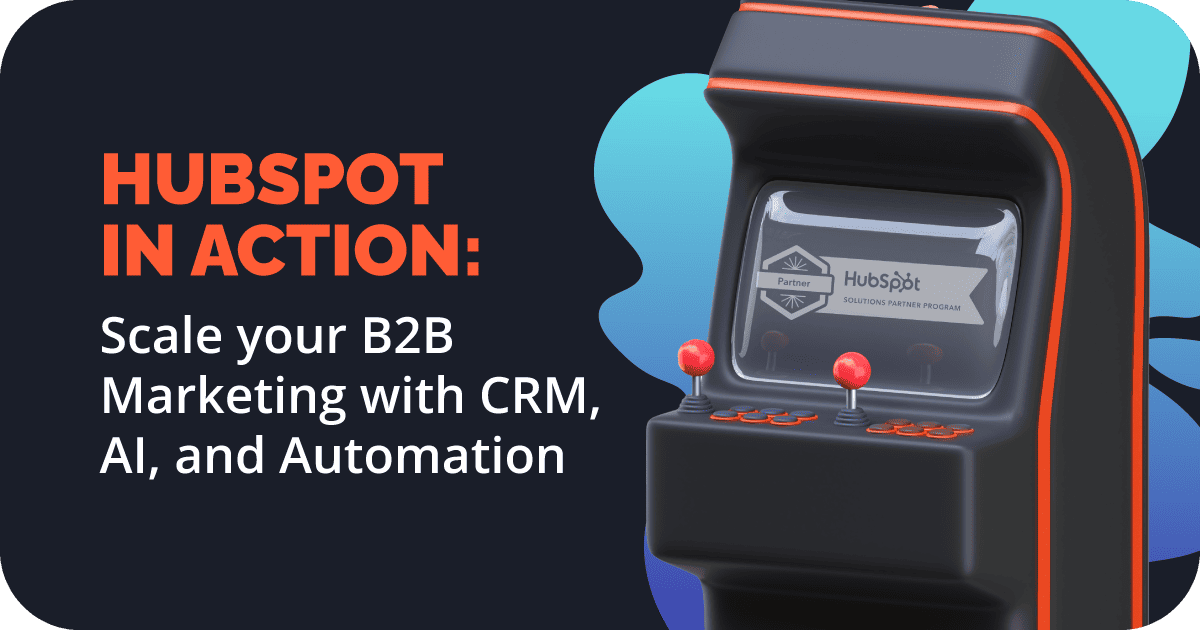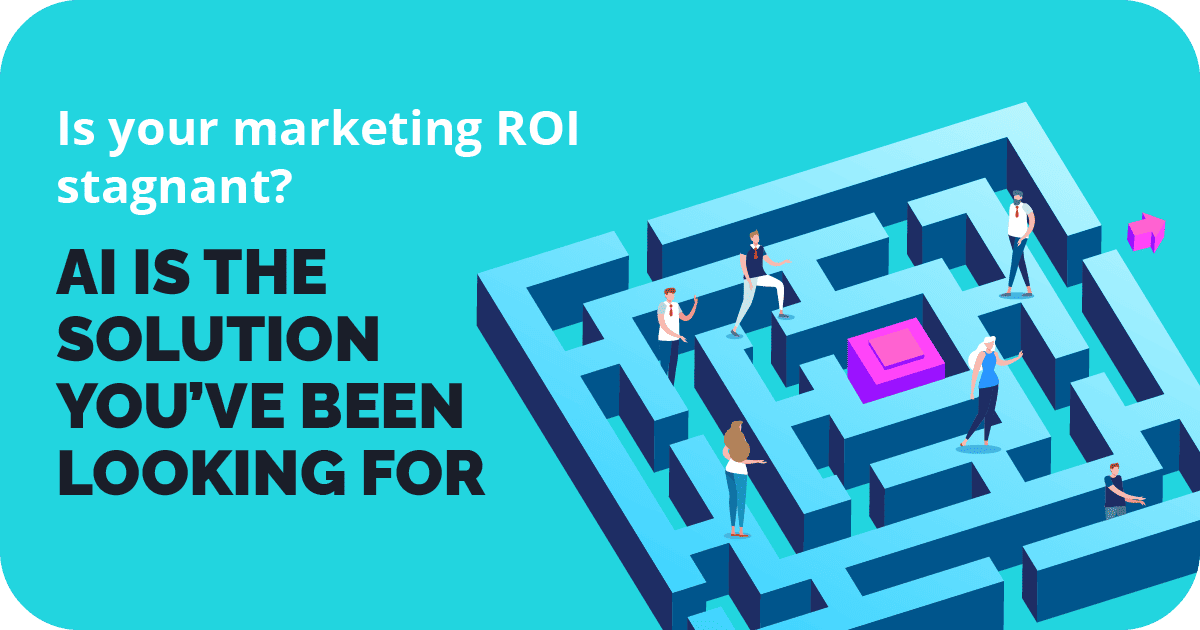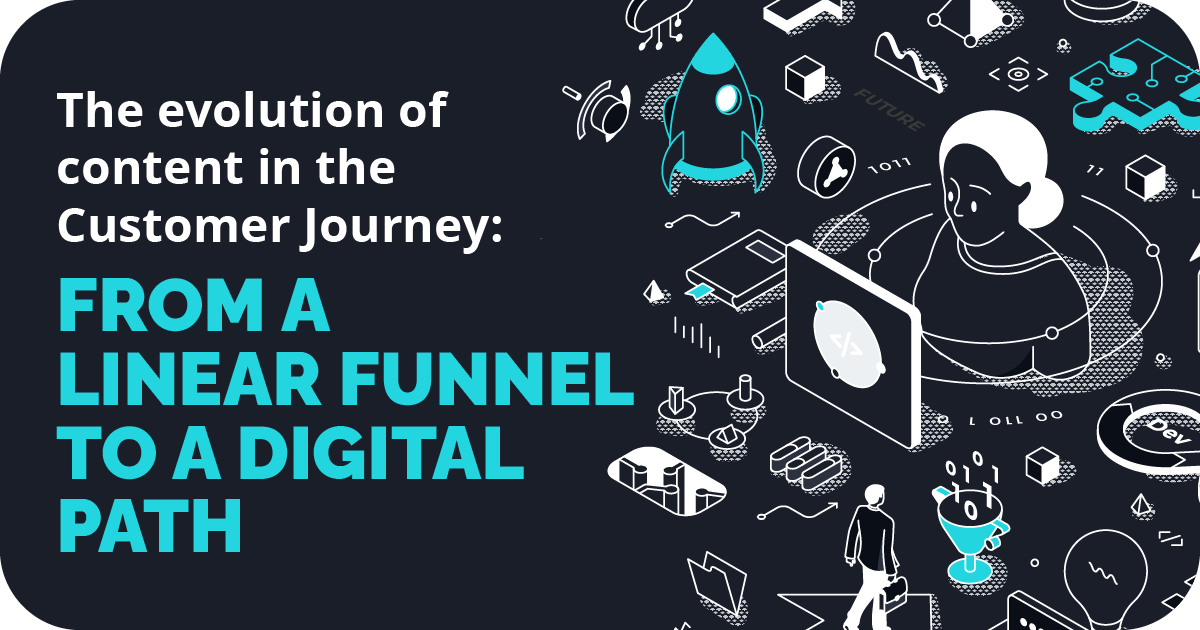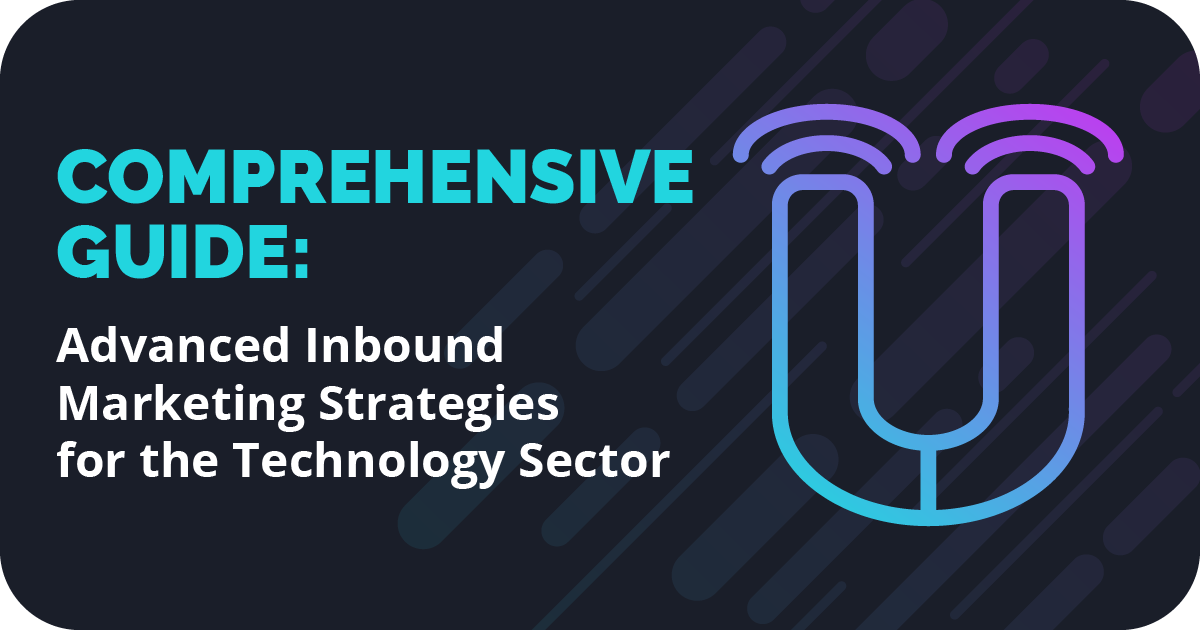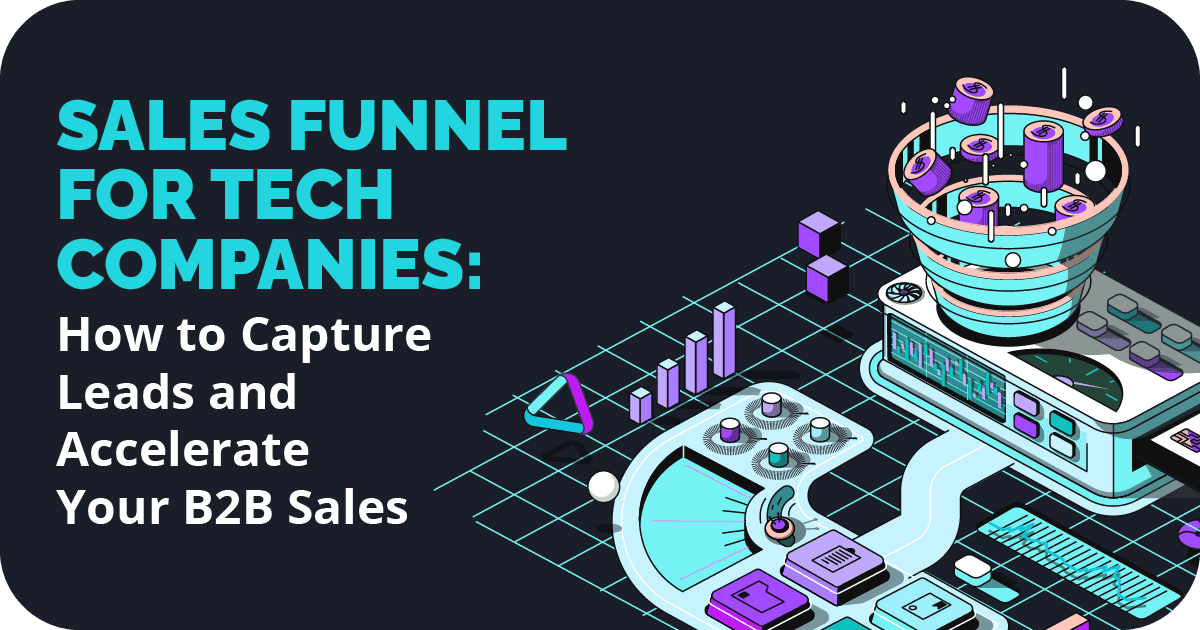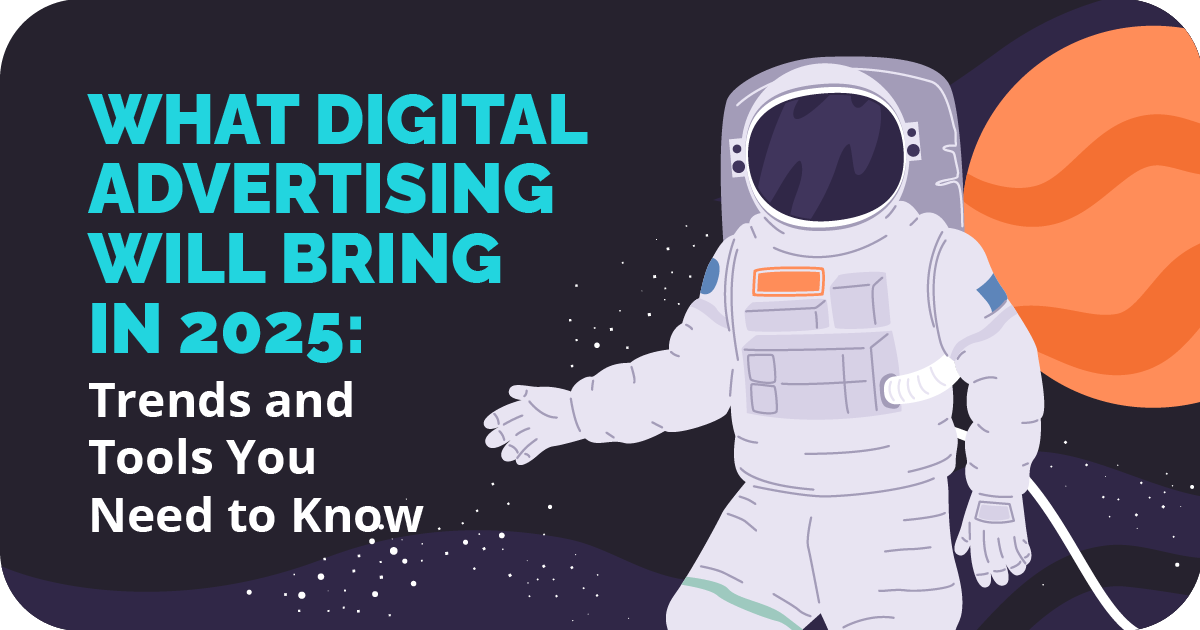-
 ISOURCE BLOG
ISOURCE BLOG
Beyond Cookies: Innovating Digital Marketing Measurements with AI
Share
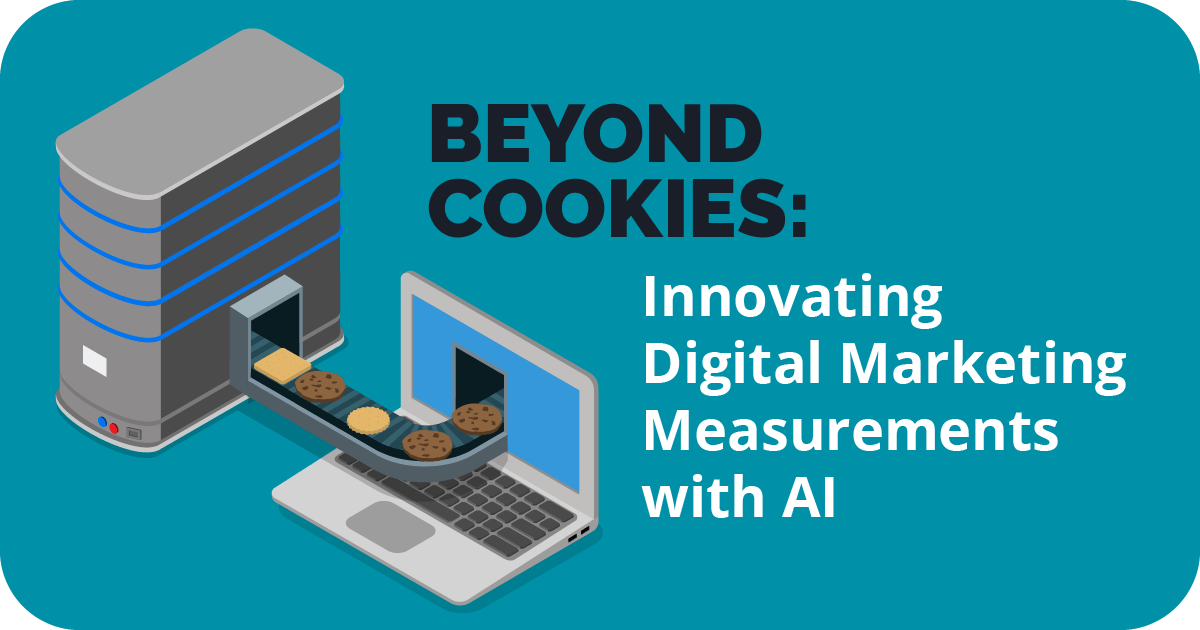
In today’s digital landscape, user privacy demands stronger protection than ever before, leading to the decline of third-party cookies. As browsers and global regulations increasingly prioritize privacy, digital marketing faces a significant shift, pushing companies to find new ways to measure the effectiveness of their campaigns.
In this blog, we explore how to move beyond third-party cookies, the importance of new measurement techniques, and how Artificial Intelligence (AI) is driving the future of marketing analytics.
A Cookie-Less Era Is on the Horizon
For more than two decades, third-party cookies have been essential for tracking and measuring digital marketing campaigns. These cookies allow companies to monitor user behavior across different websites, segment audiences, and assess the effectiveness of their advertising efforts.
However, the growing focus on user privacy has led browsers like Safari and Firefox to block these cookies. While Google Chrome had initially announced plans to phase them out gradually, the company recently changed direction. Now, instead of eliminating them entirely, Google proposes giving users more control over their privacy, allowing them to decide how cookies are used in their browsers. This shift marks a critical turning point, forcing marketers to seek alternatives for campaign measurement in an increasingly privacy-focused environment.

Alternatives to Third-Party Cookies

The elimination of third-party cookies doesn’t signal the end of marketing tracking but rather a shift toward more privacy-friendly methods. This change is driven by regulations like GDPR in Europe and CCPA in California, which require companies to better protect user privacy. Additionally, consumers are increasingly aware of how their data is used, making privacy protection an opportunity for brands to strengthen relationships with their customers.
Therefore, replacing third-party cookies with methods that prioritize privacy is crucial for complying with laws and building user trust. This transition also presents an opportunity to adopt more effective, long-term measurement technologies and approaches. Here are some viable alternatives:

First-Party Data:
Collecting and using your own data has become the preferred strategy. This type of data comes directly from users’ interactions with your website or application.

Contextual Targeting:
This involves showing ads based on the website’s content rather than tracking users, thus respecting their privacy.
Server-Side Tracking:
Allows for more secure and precise tracking by collecting data on the server rather than relying on the browser.

Universal Unique Identifier (UUID):
Some platforms offer data-based identification solutions, enabling less invasive and more privacy-focused tracking.

The Future of Measurement Techniques
Relying on a single data source, such as third-party cookies, is risky. Expanding your measurement techniques not only safeguards your marketing strategy against regulatory changes but also enhances data accuracy, providing more comprehensive and resilient insights. Additionally, adopting privacy-focused practices strengthens user trust, improving your brand’s reputation.
Emerging technology, particularly Artificial Intelligence (AI), is revolutionizing marketing measurements. AI enables predictive analytics, real-time optimization, and advanced personalization, making measurements more innovative and effective in today’s digital landscape. Here are some AI-driven tools that will help you transform your measurement approach beyond cookies:
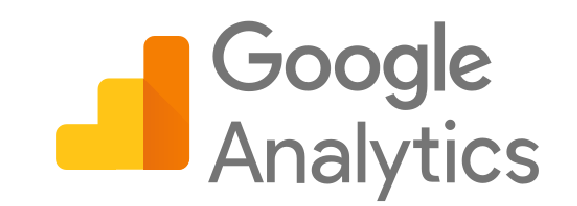
GA4 uses AI to deliver predictive analytics and advanced user behavior measurements without relying on third-party cookies. This tool focuses on first-party data collection and integrates seamlessly with other Google platforms, offering a complete view of the customer journey across multiple devices and channels.

This tool offers an innovative approach to tracking by using consolidated data. It provides accurate insights into traffic and conversions while protecting user privacy.

A content-based marketing platform that uses AI to display relevant ads based on what the user is viewing in real-time. By avoiding the use of cookies, Taboola ensures that ads are contextually appropriate and respect user confidentiality.
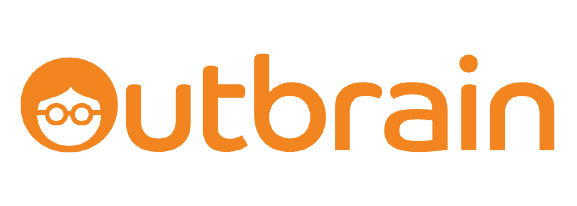
Similar to Taboola, Outbrain uses AI to analyze the content the user is viewing and display ads aligned with their current interests, enhancing relevance without the need to track activity across sites.

A platform that leverages AI to analyze user sentiment and behavior on social media and other digital channels. It provides valuable insights into consumer preferences, helping brands better understand their audience.

This tool also uses AI for sentiment and behavior analysis on social media. It allows brands to gain detailed insights into how their customers interact with online content, enabling real-time strategy adjustments.
Recommendations for Integrating AI Tools

- Optimize with Predictive Analytics: Leverage AI tools that offer predictive analytics to anticipate user behavior and adjust your strategies in real-time, enhancing the effectiveness of your campaigns.
- Maximize First-Party Data: Implement AI solutions that help you maximize the value of your own data, ensuring that every user interaction contributes to deeper insights and more effective personalization.
- Explore Contextual Targeting: Use AI-powered tools to display ads based on the content the user is currently viewing, respecting their privacy and increasing the relevance of your messages.
- Monitor and Adjust in Real-Time: Utilize AI platforms that allow for real-time monitoring and adjustment of your campaigns, ensuring you stay aligned with the ever-changing preferences of your users.
Key Takeaways
The future of digital marketing is here!
The phase-out of third-party cookies presents a challenge, but it also offers a unique opportunity to reinvent and strengthen marketing strategies. By focusing on privacy and leveraging Artificial Intelligence, we can significantly enhance the effectiveness of each campaign, building stronger and more respectful relationships with users. If you take action now, your organization will be prepared to adapt and thrive in this new digital landscape, leading with innovation and responsibility.

Need guidance?
At Isource Marketing, our experts are ready to help you implement and create innovative marketing strategies powered by AI, taking your campaigns to the next level.

